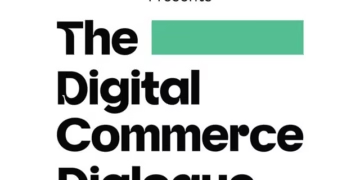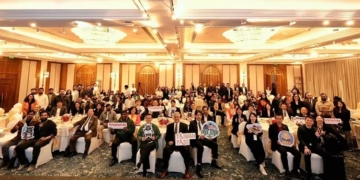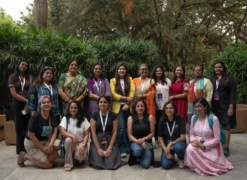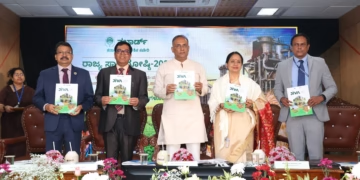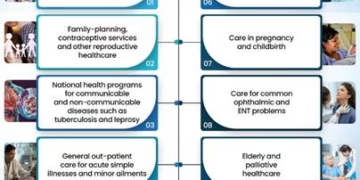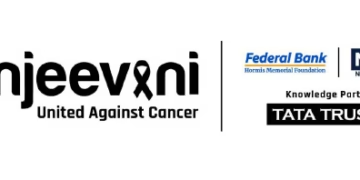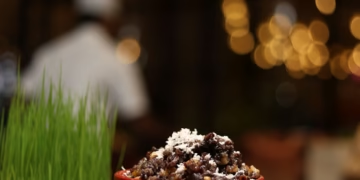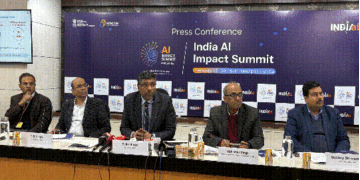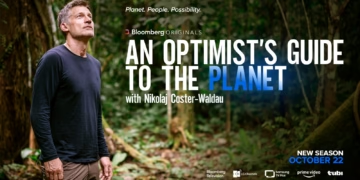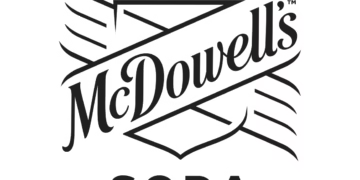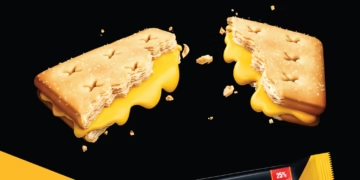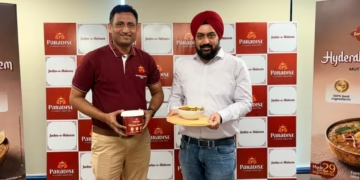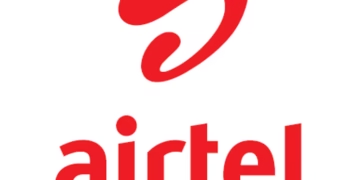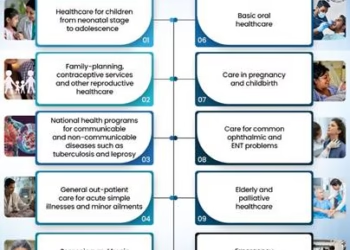Vevey, April 25, 2023
- Total reported sales increased by 5.6% to CHF 23.5 billion (3M-2022: CHF 22.2 billion). Foreign exchange decreased sales by 4.0%. Net acquisitions had a positive impact of 0.3%.
- Organic growth reached 9.3%, with broad-based contributions across geographies and categories. Pricing was 9.8%, reflecting significant cost inflation. Real internal growth (RIG) was -0.5%.
- Full-year 2023 outlook confirmed: we expect organic sales growth between 6% and 8% and underlying trading operating profit margin between 17.0% and 17.5%. Underlying earnings per share in constant currency is expected to increase between 6% and 10%.
Mark Schneider, Nestlé CEO, commented:“Nestlé delivered strong organic growth in the first quarter, as our teams worked diligently to protect volume and ensure resilient mix. Portfolio optimization efforts and responsible pricing helped to offset the ongoing pressures from two years of cost inflation.
We continued our portfolio management journey with the creation of a joint venture dedicated to the frozen pizza business in Europe. The new partnership provides the best platform to develop the full potential of this business.
Following a strong start to the year, we confirm our full-year 2023 outlook and remain focused on creating value for all stakeholders”.
Group sales
Organic growth was 9.3%. Pricing was 9.8%, reflecting significant cost inflation. RIG was -0.5%, impacted by capacity constraints and portfolio optimization actions. Demand elasticity and consumer downtrading remained limited in the context of pricing actions.
Growth was broad-based across most geographies and categories. Organic growth was 8.6% in developed markets, led by pricing. Organic growth in emerging markets was 10.3%, driven by pricing and positive RIG.
By product category, Purina PetCare was the largest contributor to organic growth, fueled by strong momentum for science-based and premium brands Purina ONE, Purina Pro Plan and Friskies. Coffee saw high single-digit growth, with positive sales developments for Nescafé, Starbucks and Nespresso. Sales in confectionery grew at a double-digit rate, with strong growth for KitKat and seasonal products. Growth in Infant Nutrition reached a double-digit rate, with broad-based contributions across geographies and segments. Dairy reported high single-digit growth, with strong demand for coffee creamers and affordable fortified milks. Prepared dishes and cooking aids posted high single-digit growth, led by Maggi, Stouffers and Hot Pockets. Nestlé Health Science recorded low single-digit growth, with continued strong demand for Medical Nutrition and a positive sales development for active nutrition. Despite temporary capacity constraints for Perrier, water posted low single-digit growth led by S.Pellegrino.
By channel, organic growth in retail sales remained robust at 8.7%. E-commerce sales grew by 13.6%, reaching 16.2% of total Group sales. Organic growth of out-of-home channels was 17.8%.
Net acquisitions increased sales by 0.3%, largely related to the acquisition of Orgain. The impact on sales from foreign exchange was negative at 4.0%. Total reported sales increased by 5.6% to CHF 23.5 billion.
Portfolio Management
Nestlé and private equity firm PAI Partners have agreed to set up a joint venture for Nestlé’s frozen pizza business in Europe, creating a dedicated player in a competitive and dynamic category. Nestlé will retain a non-controlling stake with equal voting rights alongside PAI Partners, remaining invested in this business and participating in future growth and value creation in the category. The transaction is subject to employee consultations and the approval of regulatory authorities and is expected to close in the second half of 2023.
Zone North America
- 11.6% organic growth: -0.8% RIG; 12.4% pricing.
Business as a force for good: Material progress on plastic packaging
Nestlé is reducing plastic usage through less packaging, better packaging and better systems. The company passed peak virgin plastic consumption and peak greenhouse gas emissions in 2019, while the business continued to grow.
Global estimates show that over 180 million tonnes of plastics are used for packaging in a year*. In 2022, Nestlé used 0.9 million tonnes of plastics for packaging, representing 0.5% of the plastic packaging globally.
Nestlé strives to use only the minimum amount of plastic packaging necessary to ensure food safety. The company is accelerating the development and scaling of next-generation packaging solutions. These include delivery models like reuse and refill with 20 pilots in 12 countries, recyclable paper in products like Quality Street and KitKat, as well as compostable packaging such as coffee pods. It is also continuously reducing packaging by volume and weight.
Nestlé has reduced its use of virgin plastic in packaging by 10.5% since 2018 and is on track to reduce virgin plastic usage by one third by 2025. For example, the company phased out the use of 4.5 billion plastic straws per year and replaced them with paper straws globally.
ADVERTISEMENTIn 2022, the company cut the weight of its total product packaging by 200 000 tonnes while reducing the number of pieces by 14 billion. This reduction in total packaging weight combined with packaging redesign led to greenhouse gas reductions of 280 000 tonnes in 2022.
At year-end 2022, 81.9% of the company’s plastic packaging was designed for recycling. By 2025, Nestlé aims to reach over 95%. Ultimately, it aims for 100% reusable or recyclable packaging and a waste-free future.
The company takes its responsibility to advance the circular economy seriously and is determined to keep effecting change through a collaborative approach. Nestlé is collaborating with supply chain partners, civil society and government stakeholders to act on infrastructure as well as the UN Treaty on Plastics Pollution.
* Source: OECD Global Plastics Outlook 2022




